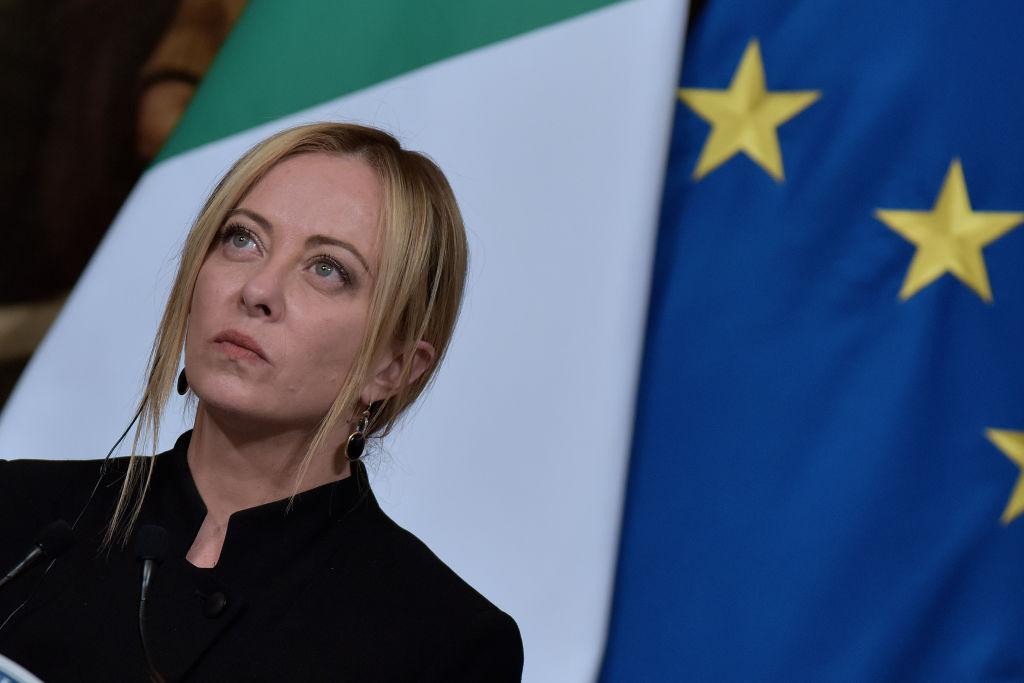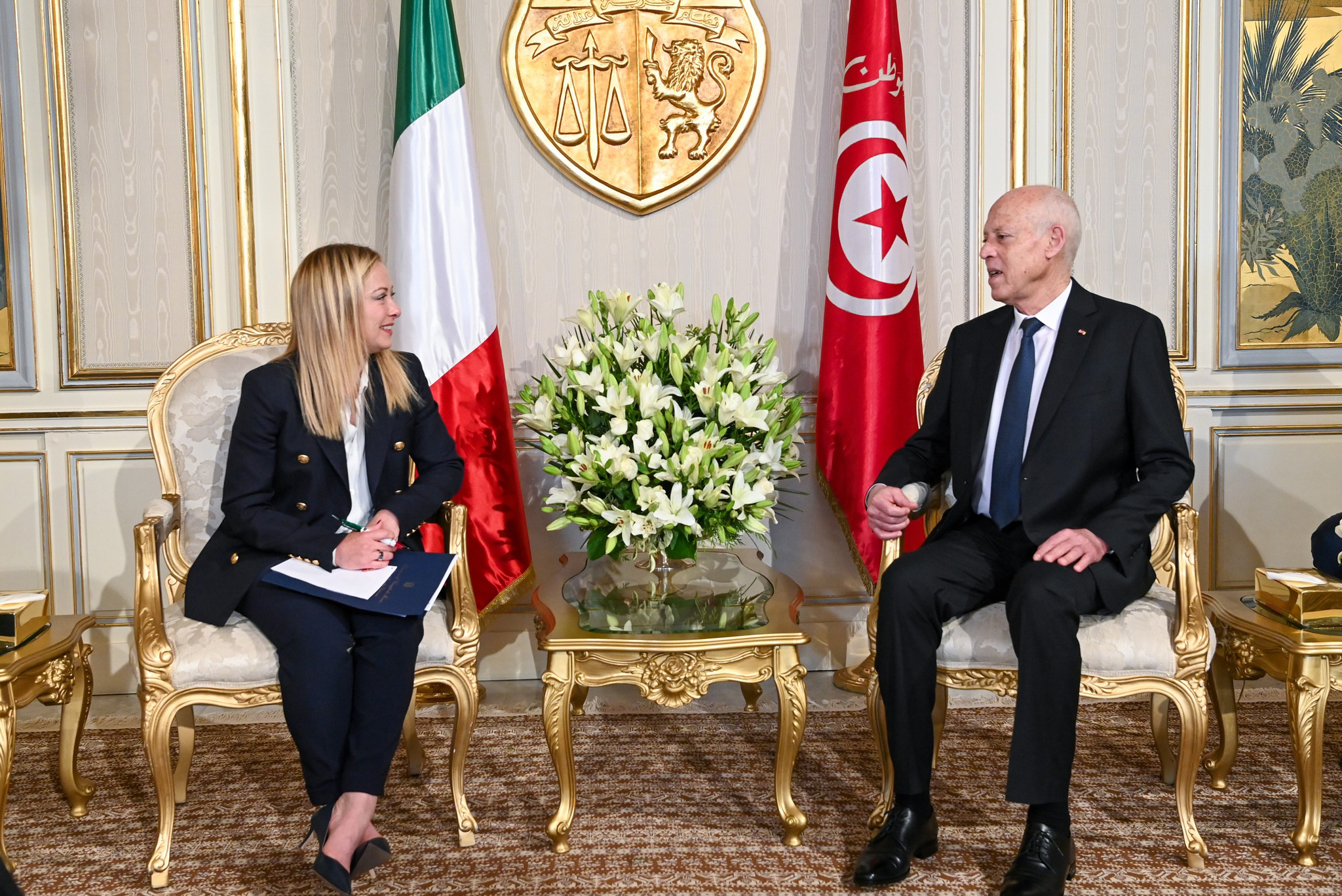Berlusconi’s death has raised the immediate question of where his voters would go, it appeared on Tuesday.
Most likely, it means gains ahead for Prime Minister Giorgia Meloni’s Brothers of Italy at the expense of Berlusconi’s Forza Italia party.
However, Meloni’s pro-Ukraine stance suggests some Berlusconi voters might look to Matteo Salvini’s League instead.
Forza Italia already was the smallest party of the three, which have governed together in a Right-wing coalition since October 2022’s snap election.
Its support relied on the charisma of postwar Italy’s longest-serving prime minister, and dissipated after he developed leukaemia.
“Forza Italia may die with Berlusconi. It is difficult to replace him: this is a monarchy that ends with the king,” said Giuliano Cazzola, a former lawmaker elected in Berlusconi’s 2008 centre-right coalition.
Meloni’s party was already rising in polls. She clashed with both men over her support for Ukraine, leading Berlusconi to call her “arrogant, offensive and overbearing”.
Like Berlusconi, Salvini embraced a less hawkish approach towards Russia and was sceptical about arming Ukraine.
Berlusconi founded Forza Italia in December 1993. It represented an effort to break with Italy’s largely Left-wing postwar politics, in which the Italian Communist Party polled as high as 34.4% in 1976.
After a series of corruption scandals, the five parties which had governed Italy since 1983 were swept away entirely in the same 1994 general election which brought Berlusconi to power.
Berlusconi’s appeal to disorientated voters was always premised more on his personality than ideology. Without Berlusconi, his party lacked a leader to match his charisma and influence.
Meloni owed much of her nascent political career to Berlusconi. She was first appointed to cabinet in 2008 as his youth minister, when her own Alleanza Nazionale party joined his coalition. She co-founded her current party in 2012.
Alessandra Bocchi is Associate Editor at Brussels Signal





